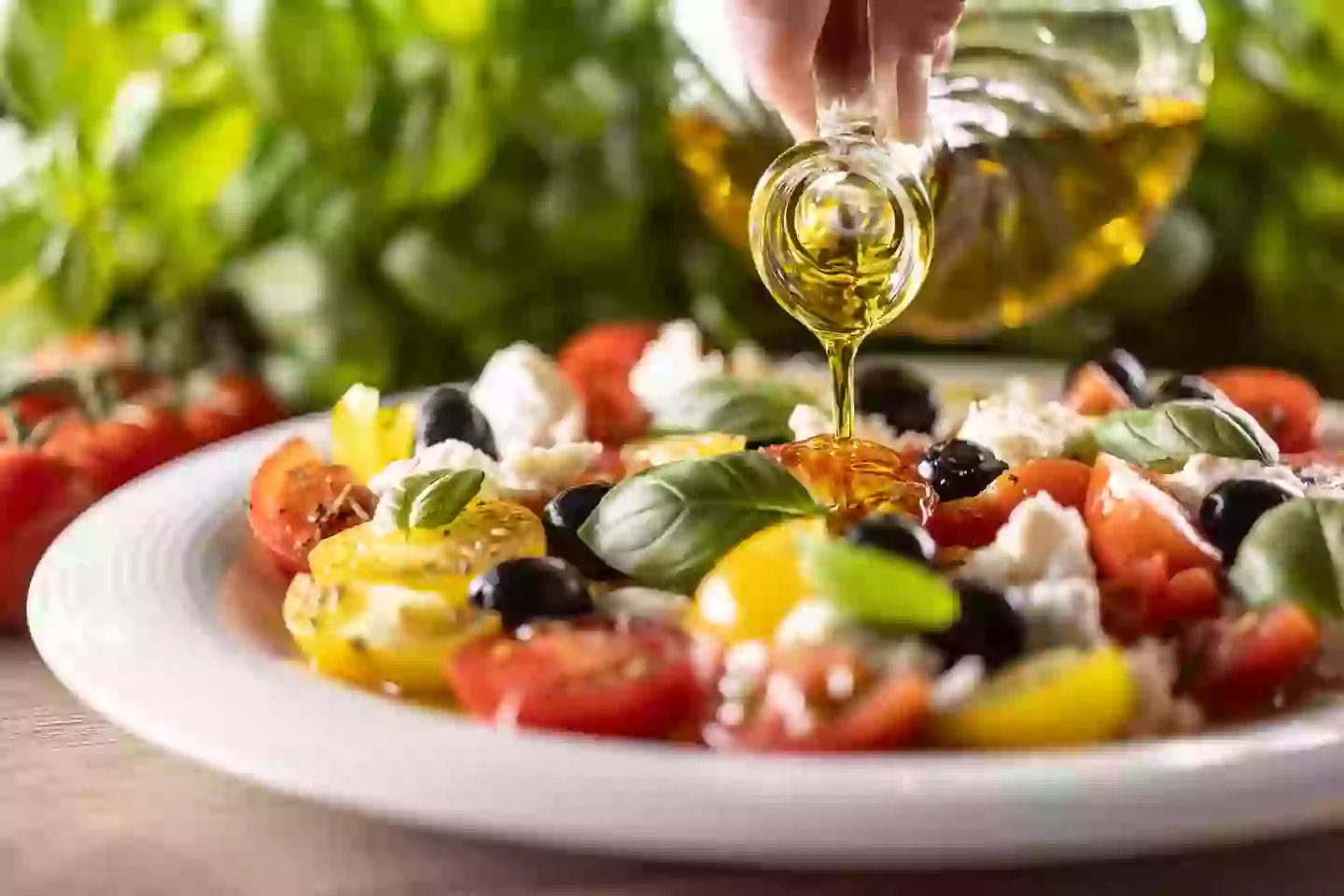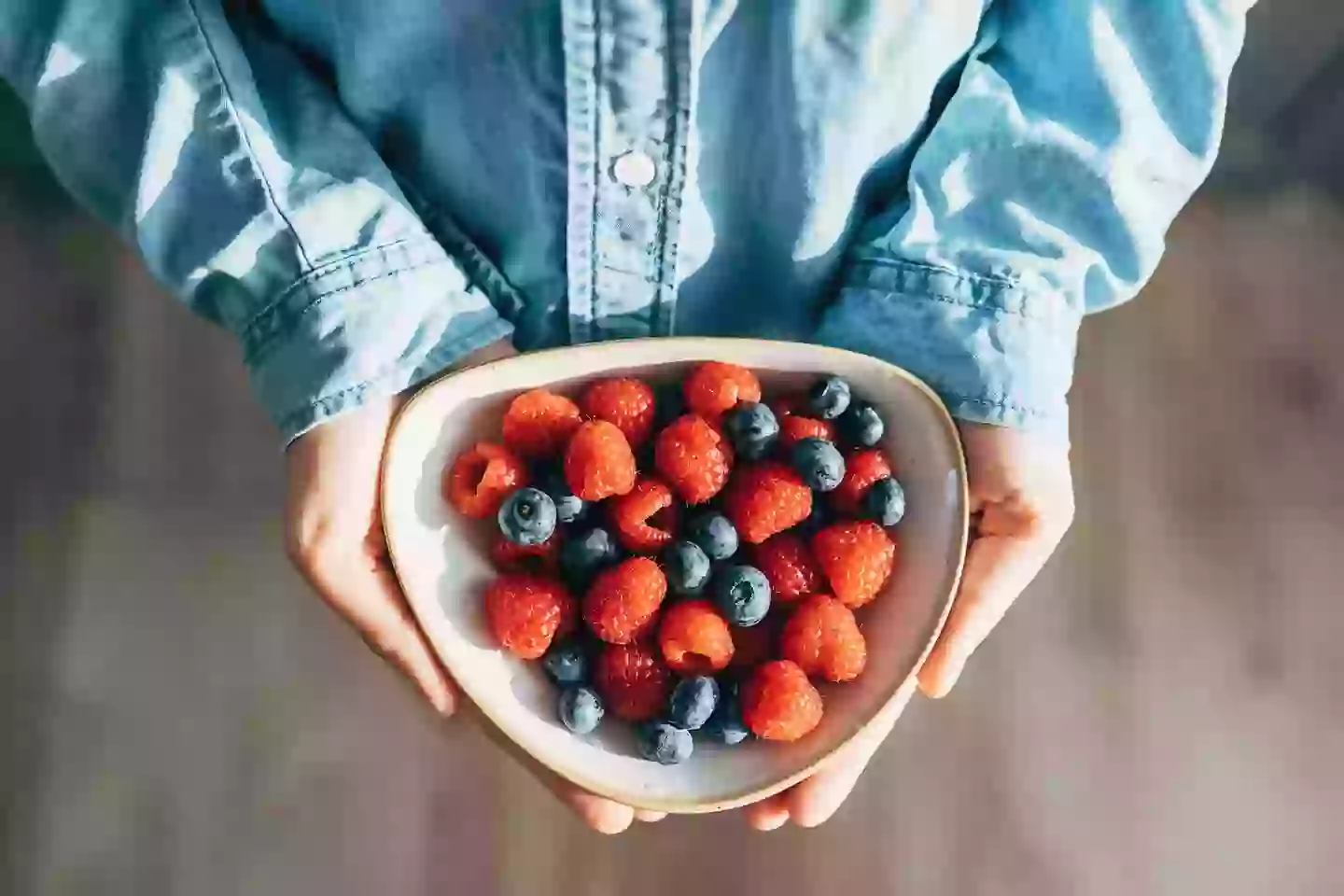The saying “it’s in what you eat” holds a lot of truth. Food is not only vital for our survival by providing energy and nutrients, but it also plays a crucial role in addressing health issues and promoting a youthful appearance and feeling.
A recent study suggests that consuming certain foods might slow down the biological aging process.
If you’re curious about the distinction between your chronological age and biological age, pay attention.

Your biological age refers to the condition of your cells and tissues, whereas your chronological age is the number of years you’ve been alive.
Your lifestyle, including your diet, can influence whether your biological age is older or younger than your chronological age.
Consider the biohacker who dramatically decreased his biological age with a costly daily regimen; it’s a testament that change is possible.
This study suggests consuming foods rich in natural compounds known as methyl adaptogens can help slow biological aging.
Researchers from the University of Washington and other institutions made this discovery by examining how diet affects DNA methylation.
DNA Methylation is a mechanism that regulates gene activity without altering the DNA sequence.

The study involved 43 healthy, middle-aged men from Portland who participated in an eight-week program. They consumed a plant-based, nutrient-rich diet, engaged in exercise, ensured adequate sleep, and managed stress.
At the conclusion of the study, it was observed that participants who consumed more turmeric, rosemary, garlic, berries, and drank green and oolong tea showed a greater reduction in biological age compared to those who didn’t.
To incorporate these benefits into your diet, try consuming half a cup of berries, two garlic cloves, two cups of green tea, two cups of oolong tea, and half a teaspoon each of turmeric and rosemary daily.
Avoid grains, alcohol, and dairy for the sake of gastrointestinal health, as the authors noted: “Although research on whole grains, legumes and certain dairy products supports the consumption of these foods as health-promoting. They were omitted from the study diet to reduce the potential for short-term gastrointestinal side effects.”

The polyphenols in these foods possess antioxidant and anti-inflammatory properties that may slow genetic aging by affecting DNA methylation.
Higher levels of DNA methylation at specific sites can increase age, while lower levels can decrease it. Diets rich in polyphenols, like the Mediterranean diet, long celebrated as the healthiest, may help you appear and feel more youthful.
Based on the findings from this small-scale study, researchers suggest further studies on larger and more diverse groups to validate these results and explore new biological age measures.
The study suggests including dark leafy greens, cruciferous vegetables, colorful vegetables, pumpkin or sunflower seeds, beetroot, lean meats, low-glycemic fruits, and serving from the methyl adaptogen group in your diet.

